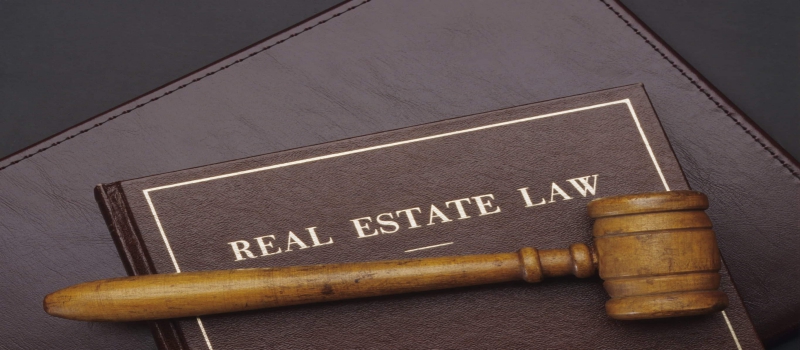01.9.2019
|
11:21 am

Investing in real estate is a big decision and is typically the biggest transaction most buyers and sellers will make. The sale and purchase comprise complex areas of law that do not apply anywhere else. You are not typically required to appoint an attorney to represent your interests in the transaction; most deals can be closed without one. However, it is a good notion to use the services of a real estate law firms Miami in a property transaction, even though it may upsurge the cost. Here are just a few of the instances where it is particularly essential to seek the services of a real estate law firm.
A short sale is the sale of real estate for less than the price owed on the mortgage. In other terms, the seller comes up “short” on the money to pay off the loan. It is always a good notion for financially distressed homeowners who are deeming a short sale to seek the services of a real estate law firm.
Classically, there are four qualifications for short sale: The market value must have plummeted, the mortgage must be in or close to default, the vendor must be suffering a financial hardship, and the seller must not have other assets that could be practiced to pay the full balance of the loan. If the seller has any assets that could be practiced to pay off the loan in full, the lender may ask the vendor to liquidate them and make a contribution to the payoff. Some states safeguard vendors against this, and some things are not deemed assets. A real estate lawyer Miami firm will fully assess the vendor’s situation, determine if the vendor qualifies and give a legal suggestion as to how to best protect any assets the seller may have.
Furthermore, it is critical for a real estate attorney Miami to secure the lender’s approval for a short sale and to negotiate the most fortification for the vendor. Without the authorization of the bank, or without guaranteeing the vendor is adequately protected from the mortgagee in the future, the bank may be able to receive a deficiency judgment. If a deficiency judgment is received, the bank can still follow the seller in some ways for the amount the bank was shorted. The bank may be able to garnish the dealer’s wages or pull amount from the vendor’s bank account.
Through a free, no-obligation consultation, you can discuss your legal concerns with a partner of our firm. We look forward to answering your questions and seeing how we can meet your legal needs.
Call 954-476-2680 or contact us online today.